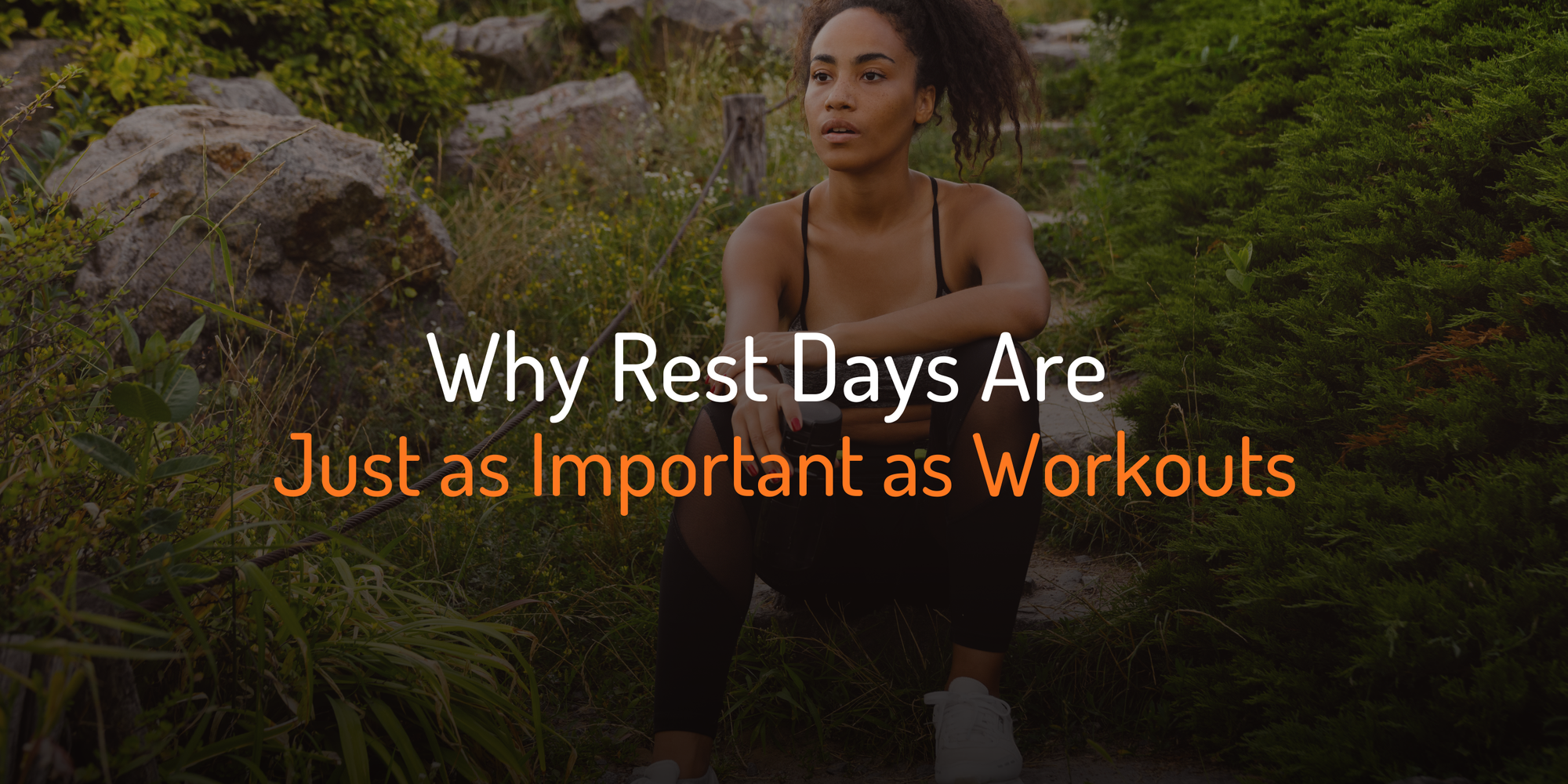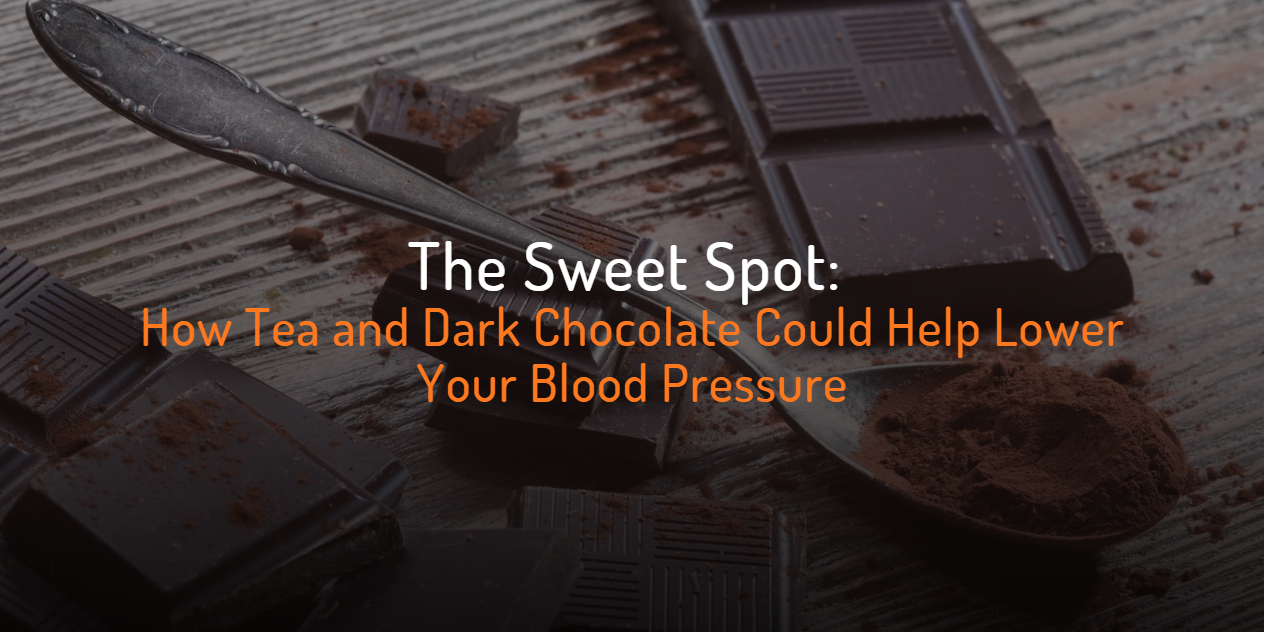

Chanel Willemse
General Manager
3 April, 2025
Imagine this: you’re smashing your workouts, hitting new personal bests, and riding high on that post-exercise endorphin rush. Skipping a session feels unthinkable – after all, the more you train, the better, right?
Not quite.
Here’s a surprising fact: over 70% of overuse injuries are linked to insufficient recovery time. When you skip rest days, you’re not just pushing through discomfort – you’re risking fatigue, burnout, and even setbacks in your progress.
The truth is, rest isn’t laziness – it’s strategy. It’s the secret weapon in any effective fitness plan, giving your body the time it needs to rebuild, recharge, and come back stronger. Whether you’re chasing personal records or simply staying consistent, prioritising rest could be the game-changer you didn’t know you needed.
Let’s dive into why rest days are essential, how they benefit your body and mind, and how to make the most of them.
What Happens to Your Body When You Rest?
Think of your body as a high-performance machine. Every time you work out, you push it to its limits, creating wear and tear that needs attention. Rest days are your body’s version of a pit stop – essential for repair, recovery, and recharging.
Here’s what happens under the hood when you take a well-deserved rest:
1. Muscle Repair and Growth
When you work out, you create tiny tears in your muscle fibres. While this might sound alarming, it’s a good thing – as long as you give your body time to repair them. During rest, your body:
- Rebuilds these fibres stronger and more resilient through a process called muscle protein synthesis.
- It relies on nutrients like protein, magnesium, and vitamin C to speed up tissue repair and reduce soreness.
Without rest? Those tiny tears can build up, leading to fatigue, inflammation, and even injury.
2. Glycogen Replenishment
Intense exercise depletes your glycogen stores – the carbohydrates stored in your muscles and liver that fuel your workouts. Rest days allow your body to:
- Replenish glycogen levels so you have the energy to crush your next session.
- Reset your energy systems, particularly ATP (the molecule that powers short bursts of activity).
Pro Tip: Pair rest days with carbohydrate-rich meals like sweet potatoes or quinoa to support glycogen recovery.
3. Hormonal Balance
Exercise is great for boosting endorphins, but overtraining can mess with your hormones, particularly cortisol, your body’s stress hormone. Rest days help:
- Lower cortisol levels, reducing inflammation and promoting a calm, balanced state.
- Support the production of growth hormone, which is crucial for muscle repair and recovery.
4. Mental Recharge
Let’s face it – workouts are not just physical; they take mental energy too. Rest days give your brain time to reset by:
- Reducing mental fatigue and preventing burnout.
- Boosting focus and motivation for future training sessions.
- Strengthening your connection to your goals, so you stay committed long-term.
Fun Fact: Studies show that people who prioritise recovery are more likely to stick to their fitness routines because they avoid burnout.
5. Immune System Recovery
Your immune system works overtime during exercise to repair tissues and manage inflammation. Rest days give it the chance to:
- Rebuild and strengthen, reducing your risk of illness.
- Rebalance the gut microbiome, which plays a key role in immunity.
Why Skipping Rest Days Can Set You Back
Neglecting rest can disrupt all of these processes. Instead of coming back stronger, your body might:
- Struggle with chronic fatigue and reduced performance.
- Become more prone to overuse injuries, like tendonitis or stress fractures.
- Experience higher cortisol levels, which can lead to poor sleep, weight gain, and even weakened immunity.
Remember, rest isn’t optional – it’s the secret sauce that turns hard work into results. Your body needs downtime to process the gains you’ve worked so hard for.
💡 Pro Tip: Fuel your rest days with nutrient-rich foods and hydration to optimise these recovery processes. Consider adding personalised vitamins to fill any nutritional gaps – your body will thank you!
Let’s move on to how to recognise when your body needs a break and how to make your rest days as effective as possible.
Signs You Might Need a Rest Day
Your body is pretty good at letting you know when it’s had enough – you just have to listen. If you’ve been pushing too hard, here are some common signals that it’s time to hit pause:
1. Persistent Soreness
It’s normal to feel a little sore after a tough workout, but if that soreness lingers for days, it’s a clear sign your muscles haven’t had time to recover. Ignoring it can lead to fatigue or even injuries over time.
2. Struggling with Performance
Are your workouts feeling harder than usual? If you’re finding it tough to lift your usual weights, complete your runs, or keep up your intensity, your body might be running on empty. Reduced performance is a classic sign of overtraining.
3. Mood Changes or Irritability
Exercise is supposed to boost your mood, right? True – but too much of it can have the opposite effect. Overtraining can mess with your stress hormones, leaving you feeling anxious, irritable, or just off.
4. Trouble Sleeping
Overtraining doesn’t just wear you out physically – it can disrupt your sleep patterns too. High cortisol levels caused by constant exercise can interfere with your ability to fall asleep or stay asleep, making it harder for your body to recover.
5. Elevated Heart Rate or Fatigue
Pay attention to how you feel when you wake up. A higher-than-usual resting heart rate or waking up feeling exhausted despite a full night’s sleep could be your body’s way of asking for a break.
6. Increased Cravings or Appetite Changes
Overtraining can mess with hunger cues, leaving you ravenous one moment and uninterested in food the next. This imbalance is your body’s way of telling you it’s trying to cope with the extra stress.
Listening to Your Body
If you’re ticking off more than one of these signs, it’s time to prioritise recovery. A well-timed rest day can prevent overtraining from becoming a bigger issue and help you come back stronger, both mentally and physically.
The Role of Sleep in Recovery: Beyond the Basics
Sleep isn’t just about closing your eyes and hoping for the best – it’s a carefully orchestrated process where your body performs critical recovery tasks you can’t achieve during waking hours. Here’s how sleep gives your recovery routine an edge:
1. Optimising Energy Reserves
While you rest, your body restores its glycogen levels – the primary fuel for your muscles. Without enough sleep, glycogen replenishment is incomplete, leaving you with less energy to tackle your next workout.
Fun Fact: Research shows that sleep-deprived athletes experience up to a 20% decrease in endurance due to depleted energy reserves.
2. Synchronising Your Internal Clock
Your body’s natural rhythm, the circadian cycle, governs not just your sleep-wake schedule but also how your body handles recovery. Sleep allows your body to:
- Time the release of repair-focused hormones like growth hormone for maximum effectiveness.
- Align muscle recovery processes to your natural biological clock, improving efficiency.
3. Supporting Muscle Memory
Did you know your brain “replays” physical movements during sleep? Whether it’s perfecting a tennis serve or nailing that squat form, sleep helps:
- Cement neural pathways for improved coordination.
- Boost reaction times and motor skills for your next workout.
This process, called motor memory consolidation, makes sleep a secret training tool.
4. Fighting Inflammation Like a Pro
Sleep is your body’s most powerful anti-inflammatory tool. During deeper stages of rest, your body produces cytokines, proteins that help:
- Reduce inflammation caused by intense workouts.
- Repair tissue damage at a cellular level.
Lack of sleep disrupts cytokine production, which can lead to chronic inflammation – a major hurdle for athletes aiming for consistency.
Sleep Hacks for Peak Recovery
Fuel Your Sleep:
Incorporate recovery-boosting nutrients before bed. Magnesium-rich foods like almonds or bananas can help relax muscles and promote deeper sleep.
Embrace Sleep Cycles:
Aim for 90-minute sleep cycles (e.g., 7.5 hours or 9 hours). Waking at the end of a cycle leaves you feeling more refreshed.
Cool Down Your Room:
Studies suggest that a room temperature of 16–19°C is optimal for deeper sleep, as your body naturally lowers its core temperature during rest.
What to Do on a Rest Day
Rest days don’t have to mean doing absolutely nothing – in fact, they’re an opportunity to actively support your recovery while still feeling productive. Whether you prefer gentle movement or mindful relaxation, there are plenty of ways to make your rest days work for you.
1. Try Low-Impact Activities
Give your body a break from high-intensity training while keeping blood flowing to aid recovery. Options include:
- Cycling at a leisurely pace: Enjoy the scenery while boosting circulation.
- Swimming: A gentle, joint-friendly workout that feels refreshing and restorative.
- Tai Chi: Improve balance and flexibility while calming your mind.
2. Focus on Mobility and Flexibility
Rest days are the perfect time to prioritise movements that improve your range of motion and prevent stiffness. Consider:
- Dynamic stretches: Wake up your muscles with controlled, flowing stretches.
- Foam rolling: Target tight areas and release tension in sore muscles.
- Guided yoga flows: Opt for sessions specifically designed to promote recovery and relaxation.
3. Nourish Your Body with Purpose
While your workout gear takes the day off, your nutrition game can take the lead. On rest days, focus on foods that aid recovery:
- Anti-inflammatory meals: Think fatty fish like salmon, leafy greens, and turmeric-spiced dishes.
- Protein-packed snacks: Rebuild and repair muscles with options like hard-boiled eggs, Greek yogurt, or a handful of nuts.
- Electrolyte boosters: Stay hydrated with coconut water or citrus-infused water to replenish key minerals.
4. Do Something for Your Mind
Rest isn’t just physical – it’s mental too. Use your rest day as an opportunity to decompress and recharge mentally:
- Read a book or listen to a podcast: Dive into something inspiring or entertaining.
- Meditate: Just 10 minutes of mindfulness can reduce stress and improve focus.
- Connect with nature: A walk in the park or some time outdoors can boost your mood and leave you feeling refreshed.
5. Prepare for the Week Ahead
Set yourself up for success by using your rest day to plan and organise:
- Prepping meals: Batch-cook nutrient-packed dishes for the week ahead.
- Reviewing your training schedule: Reflect on progress and set realistic goals for your next sessions.
- Tidying up your space: Decluttering your workout area can bring a sense of calm and motivation.
A Subtle Edge for Recovery
Here’s a little secret: recovery isn’t just about rest – it’s also about giving your body what it needs to heal and recharge. The right mix of nutrients can help reduce soreness, support muscle repair, and even improve your energy levels for when you’re ready to hit the ground running again.
Whether it’s getting enough magnesium for muscle relaxation or ensuring you’re staying hydrated, small tweaks can make a big difference in how you bounce back. And when your recovery game is on point, so are your workouts.
Optimise Your Recovery with Personalised Nutrition
Rest days are all about giving your body the care it needs to repair and recharge – and nutrition plays a massive role in making that happen. While stretching and sleep are vital, your body also craves the right mix of nutrients to fully recover and prepare for what’s next. That’s where Vitamin Club can help.
Our personalised vitamin packs are designed to complement your active lifestyle and support recovery by providing exactly what your body needs – no more, no less. Here’s how:
- Magnesium: Helps relax your muscles and improves sleep quality, so you wake up refreshed and ready to go.
- Omega-3s: Reduces inflammation and supports joint health, especially after high-intensity workouts.
- Vitamin C: Speeds up tissue repair and fights oxidative stress caused by exercise.
- B Vitamins: Boost energy production and help your body recover faster.
- Zinc & Selenium: Strengthen your immune system, keeping you healthy and active.
By tailoring your supplements to your unique lifestyle, Vitamin Club ensures you’re giving your body the fuel it needs to recover smarter and perform better.
💡 Ready to optimise your recovery? Take our quick Personalised Vitamin Quiz to get started on a plan that’s as unique as your fitness journey.
Make every rest day count with personalised support that takes the guesswork out of recovery. Because when your body gets the nutrients it craves, you’ll feel unstoppable!
Final Thoughts
Rest days aren’t the enemy of progress – they’re the unsung heroes of your fitness journey. By giving your body a break, you’re setting yourself up for stronger muscles, better performance, and a happier mind.
So, the next time you feel guilty about taking a day off, remember: even the best athletes take rest seriously. It’s not about doing less – it’s about doing what’s best for your body.

